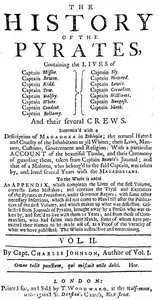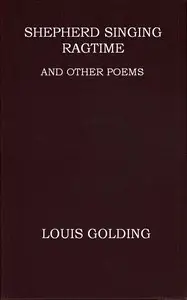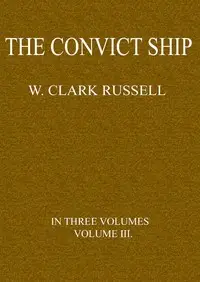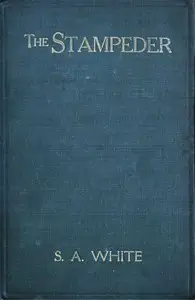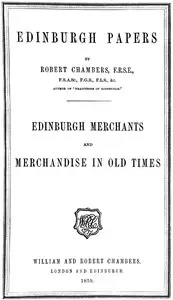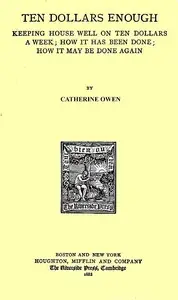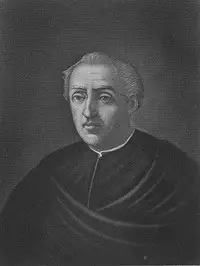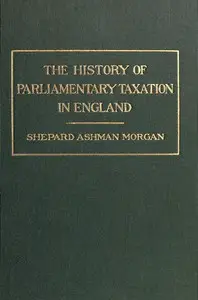"An Essay Upon Projects" by Daniel Defoe is a practical treatise written in the late 17th century. The work explores various proposals intended to advance society's material and moral welfare, reflecting Defoe's innovative thoughts on economic and social reforms. Through a range of project ideas, he aims to encourage public consciousness around improvement and responsibility, touching on topics such as banks, taxation, and educational structures. The opening of the book introduces the notion of "projecting" as a response to the pressing needs and economic challenges faced by society during a time of war. Defoe highlights the tumultuous effects of economic downturns on merchants and the population, leading to a surge in inventive ideas among the populace. He draws from historical examples and personal anecdotes to illustrate his points, establishing a connection between personal enterprise and social responsibility. The discussions include proposals for establishing banks, improving public infrastructure, and addressing issues of poverty, offering insights that remain relevant in modern discourse around economic projects and societal governance. (This is an automatically generated summary.)
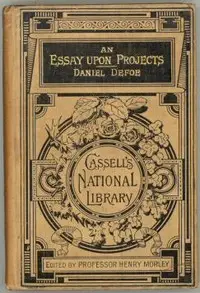
An Essay Upon Projects
By Daniel Defoe
"An Essay Upon Projects" by Daniel Defoe is a practical treatise written in the late 17th century. The work explores various proposals intended to adv...
Daniel Defoe was an English novelist, journalist, merchant, pamphleteer and spy. He is most famous for his novel Robinson Crusoe, published in 1719, which is claimed to be second only to the Bible in its number of translations. He has been seen as one of the earliest proponents of the English novel, and helped to popularise the form in Britain with others such as Aphra Behn and Samuel Richardson. Defoe wrote many political tracts, was often in trouble with the authorities, and spent a period in prison. Intellectuals and political leaders paid attention to his fresh ideas and sometimes consulted him.


